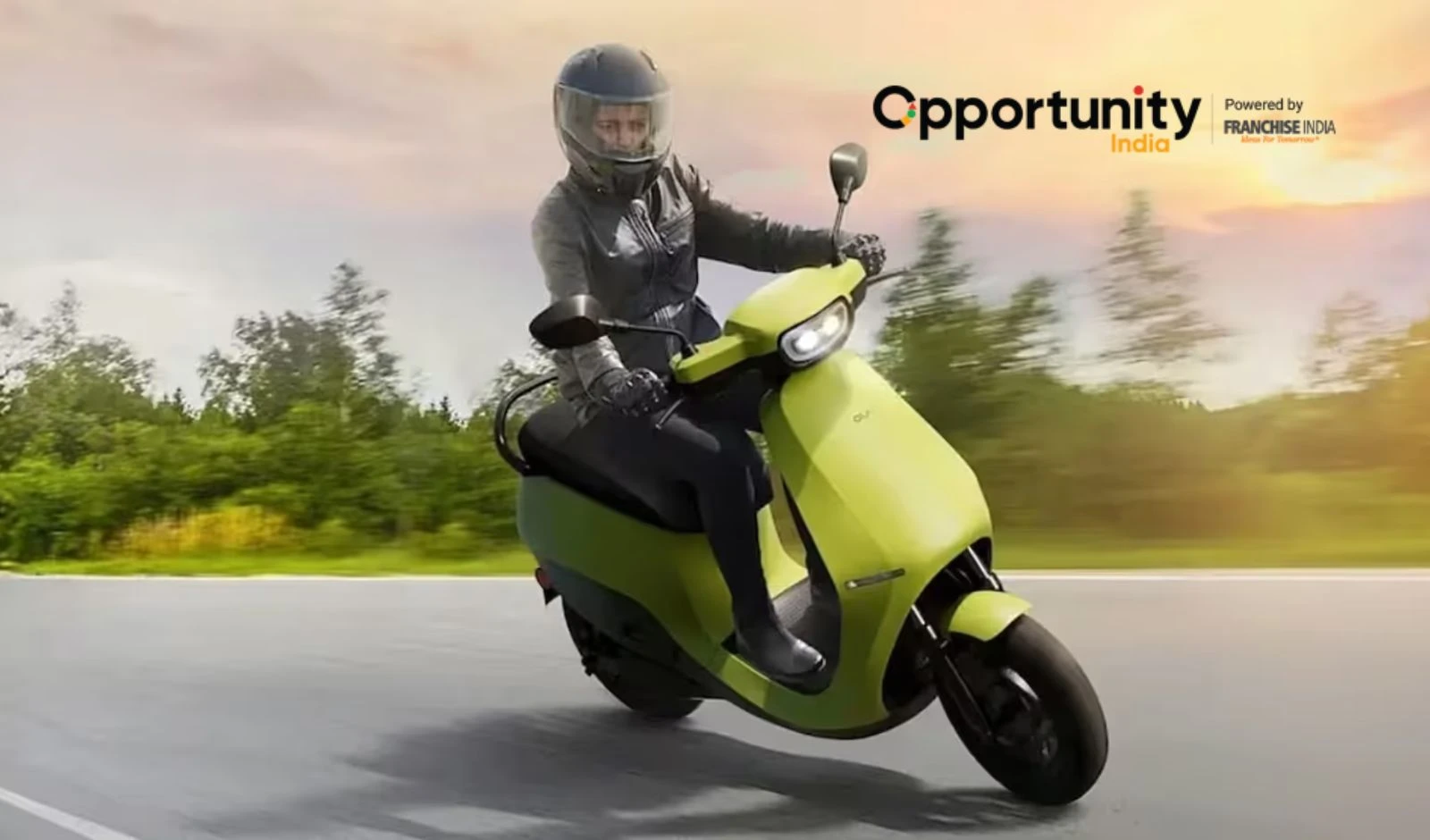
The Delhi government is set to unveil its new Electric Vehicle (EV) Policy 2.0, with a strong focus on promoting cleaner mobility and reducing air pollution in the capital. A key highlight of the draft policy is a proposed subsidy of up to ₹36,000 for women purchasing electric two-wheelers.
According to officials, the benefit will be available to the first 10,000 women holding a valid driving license. The purchase incentive for women is proposed at ₹12,000 per kilowatt-hour (kWh), capped at ₹36,000 per vehicle. The policy is currently under government review and is expected to be approved soon.
Designed to align with the Centre’s PM E-DRIVE scheme, the policy aims to boost EV adoption in Delhi and will remain in effect until March 31, 2030. It outlines various financial incentives for electric two-wheelers, three-wheelers, auto-rickshaws, and goods carriers.
For general buyers of electric two-wheelers, the draft proposes a purchase incentive of ₹10,000 per kWh, up to a maximum of ₹30,000. Additionally, a scrapping incentive of ₹10,000 will be provided to those who dispose of fossil fuel-driven two-wheelers less than 12 years old.
To accelerate the replacement of CNG auto-rickshaws, electric auto-rickshaws (L5M) will be eligible for incentives up to ₹45,000. A scrapping bonus of ₹20,000 will also be offered for ICE auto-rickshaws under 12 years old. The policy mandates that all CNG autos older than 10 years be replaced with e-autos during the policy period, with a special replacement incentive of ₹1 lakh per vehicle. However, recipients of this incentive will not be eligible for other schemes under the policy.
For commercial EV adoption, incentives are also proposed for electric goods carriers. Electric three-wheeler goods vehicles (L5N) may receive up to ₹45,000, and four-wheeler carriers (N1 category) up to ₹75,000. These benefits will apply to both individuals and businesses during the first three years of the policy. The maximum ex-showroom price cap for eligible vehicles is set at ₹4.5 lakh for L5N and ₹12.5 lakh for N1 vehicles
In a significant move, the draft policy recommends the phasing out of CNG auto-rickshaws and other fossil fuel-driven vehicles. From August 15, 2024, no new registrations or permit renewals for CNG autos will be allowed. Only e-auto permits will be issued going forward.
The policy also proposes banning petrol, diesel, and CNG two-wheelers from August 15, 2026, and similar restrictions on fossil fuel-based goods carriers from August 15, 2025.
Additionally, the policy outlines a plan to phase out fossil fuel-powered solid waste vehicles and city buses operated by civic bodies. The overarching goal is to replace a significant number of polluting vehicles and aggressively combat Delhi’s air pollution crisis.
The current EV policy, which expired on March 31, has been extended by 15 days. The final version of EV Policy 2.0 will be notified after approval from the Delhi Cabinet.

